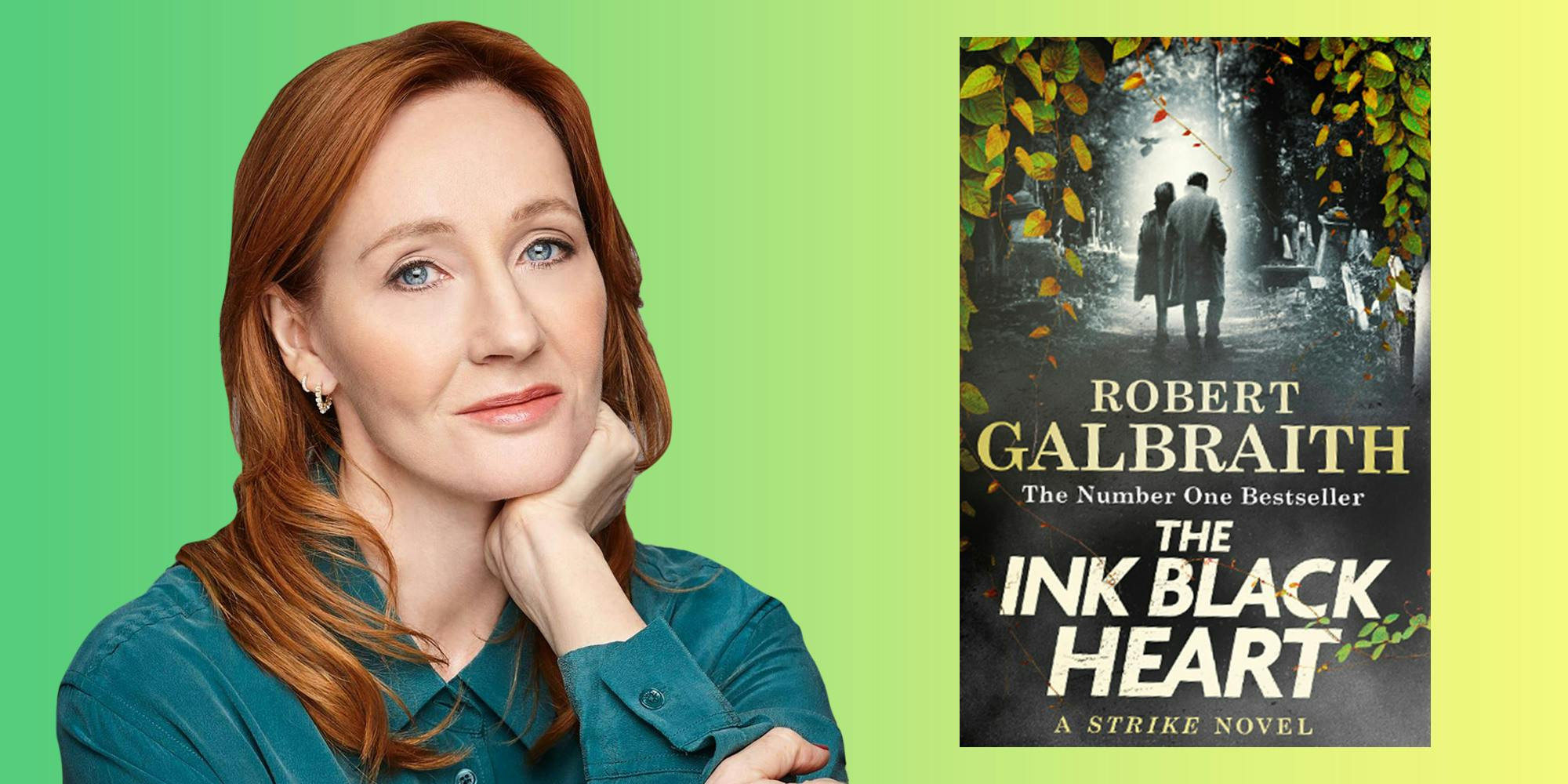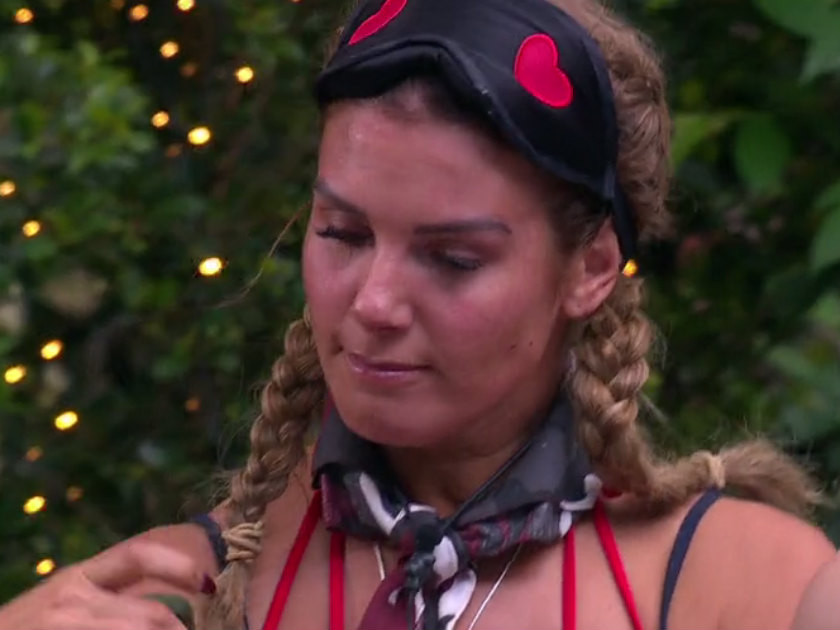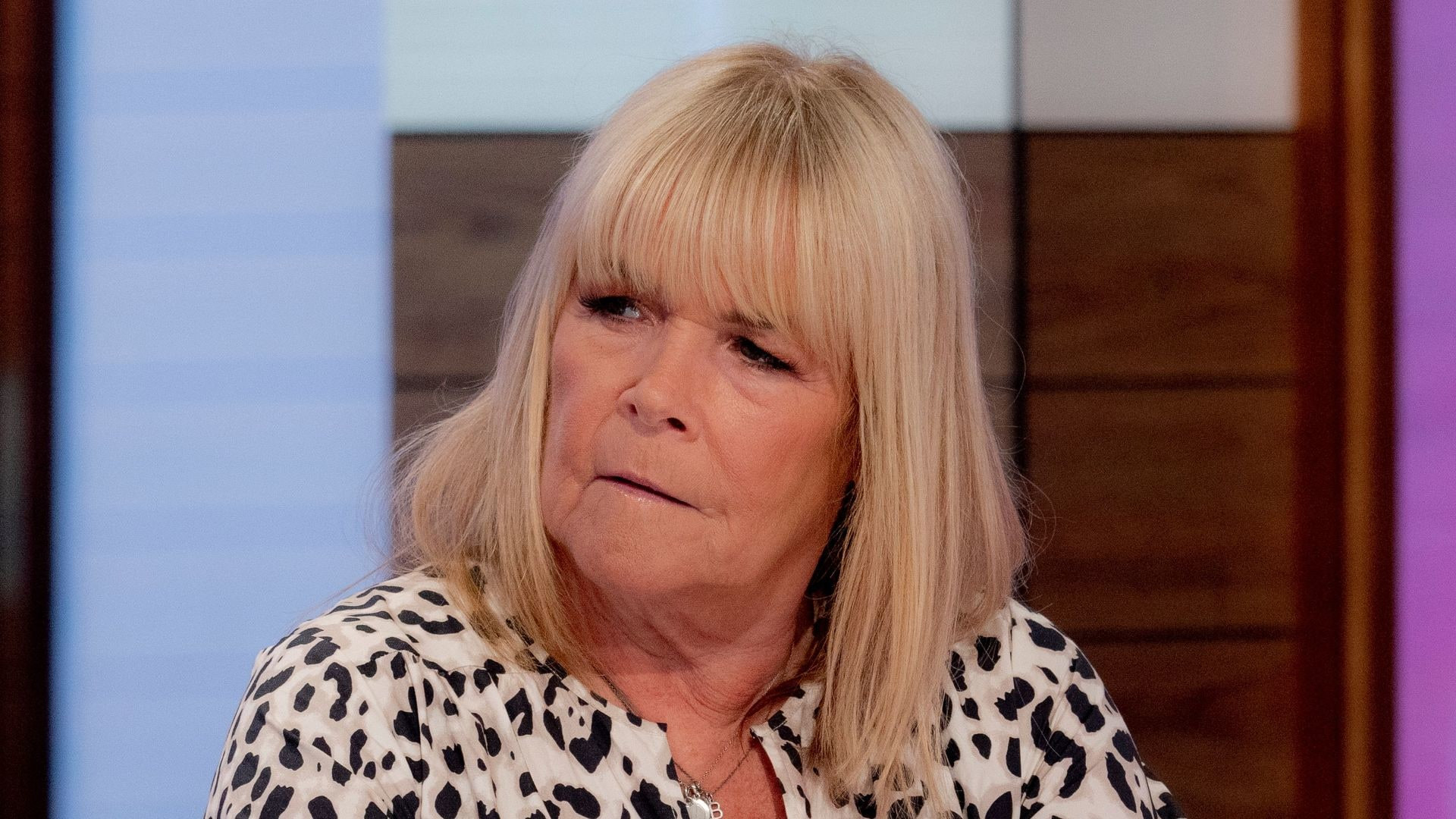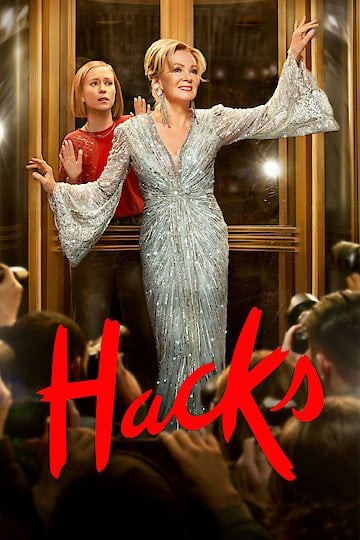JK Rowling's 'Strike: The Ink Black Heart' Review: A Thrilling Mystery or a Shrug-Worthy Watch?
Holliday Grainger and Tom Burke return as detectives Cormoran Strike and Robin Ellacott in the latest adaptation of JK Rowling's crime novels, Strike: The Ink Black Heart. This sixth installment, based on the novel of the same name, sees the duo tackling a murder case intertwined with the dark world of online fandom and internet culture. While the performances remain stellar, the adaptation struggles to balance the intricacies of the source material with the constraints of a four-part series.
The Case of the Murdered Cartoonist
The central mystery revolves around the death of Edie Ledwell, the creator of a popular online cartoon, The Ink Black Heart. Edie was being harassed online before her death, a digital stalking case that eventually escalates into murder. Strike and Robin must delve into the murky depths of online comment sections, message boards, and gaming communities to uncover the identity of the killer, a mysterious figure known only as “Anomie.” The initial investigation involves lining up several suspects including a jealous rival, a spurned associate, and members of a far-right activist group, each with a potential motive and access to incriminating information. The investigation involves navigating the complexities of online discourse, uncovering secrets hidden in plain sight within digital spaces. The case begins when the writer of a cult YouTube cartoon, called The Ink Black Heart, is murdered. The dead author had, in a meeting with Robin, alleged that the anonymous creator of an unofficial spin-off game had been harassing and threatening her.
Online Sleuthing and Unintentional Humor
The original novel heavily features online discourse, rendered as lengthy transcripts of chat threads and social media interactions. The screen adaptation wisely pares this down, acknowledging its unfilmability. However, some scenes depicting Robin and Strike sifting through online comments and video content for clues remain, and while meant to demonstrate the investigative process, these moments often fall flat. The attempt to adapt the book's online interactions into visual media is particularly clumsy at times, with the segment where Robin logs into Anomie’s game as a player descending into unintentional humor due to crude animation and amusing text-to-speech computer voices. Their gambit is to eliminate suspects by putting them under surveillance and witnessing them otherwise engaged when Anomie is active online. The unavoidable plot strand where Robin logs in as a player of Anomie’s game descends into the unintentionally hilarious; when Robin’s avatar probes the killer’s cloaked alter ego for clues, their interactions are rendered via crude animation and amusing text-to-speech computer voices.
The Will-They-Won't-They Dynamic
Beyond the central mystery, the series continues to focus on the simmering romantic tension between Strike and Robin. Their relationship is the emotional heart of the series, and the actors' performances are excellent. Grainger’s open-hearted energy contrasts beautifully with Burke’s blend of imperious cunning and self-lacerating vulnerability, making their interactions compelling. However, the pacing of their relationship remains frustratingly slow, hampered by a narrative that seems hesitant to fully commit to their romantic progression. The series might expire if that ever resolved itself, because the sleuthing part of it is moribund already. The real business happens between Burke and Grainger, colleagues who adore each other but cannot say it. This time around, in the opening scene, Strike more or less does say it, when their chemistry becomes undeniable during Robin’s birthday dinner, but Robin panics and pulls away, to her mentor’s embarrassment. They avoid the subject, and each other, dating other people on the incorrect assumption that their beloved has become indifferent. Then the investigation pushes them closer together again and the cycle restarts. Is Robin Ellacott in love with Cormoran Strike? “I definitely don’t want to be,” says Robin (Holliday Grainger) of her friend and private-investigator business partner. “That’d screw everything up.” In the sixth season of Strike, a crime drama based on the sixth Strike novel by Robert Galbraith, AKA JK Rowling, it feels more than ever as though the show itself is afraid that this is true.
A Workaday Whodunit
With much of the book’s excesses and provocative subtexts removed, the adaptation becomes a somewhat workaday whodunnit. The pacing is deliberately slow, reflecting the luxurious screen time afforded to the series. While not particularly gripping, it avoids becoming a complete mess, offering a comfortable and watchable experience. The novel The Ink Black Heart presented the regular Strike screenwriter Tom Edge with his toughest challenge yet. Criticisms of the book coalesced around two observations: at more than 1,000 pages, it was far too long; and its exploration of online fandom and comment culture, often rendered as long transcripts of chat threads and social media conversations, was self-indulgent and impenetrable. Edge has done a decent job of planing that doorstopper into four hours of telly, although his quest to extract a strong narrative from the verbiage was an impossible one. The screen version dispenses with most of the online discourse of the novel – it was almost unreadable, so it would definitely be unfilmable – although there are some lifeless scenes of Robin and Strike scrolling through online comments or trawling video content for clues. But given the impenetrable source material and workaday plot, it’s shrug-worthy TV at best. The case begins when the writer of a cult YouTube cartoon, called The Ink Black Heart, is murdered. The dead author had, in a meeting with Robin, alleged that the anonymous creator of an unofficial spin-off game had been harassing and threatening her. As they line up the chief suspects for the online stalking and subsequent killing, in search of an agitator known only by their internet alias “Anomie”, Robin and Strike consider whether a jealous rival, a spurned associate or the members of a far-right activist group are to blame. Four episodes later, the revelation is shrug-worthy, even to those viewers who didn’t guess it fairly early on. But Edge hits all the right beats, albeit at the slow pace dictated by the brand commanding a luxurious amount of screen time. It’s not a sufficiently gripping tale for festive BBC One primetime, but it’s not a mess, either.
A Final Verdict: A Mixed Bag
Ultimately, Strike: The Ink Black Heart offers a mixed bag. The performances are strong, the central relationship remains compelling, and the overall production quality is high. However, the adaptation’s attempt to condense a sprawling novel into a shorter series inevitably leads to compromises that weaken the narrative's impact and diminish the overall mystery. While it provides a comfortable, if somewhat predictable viewing experience, it's unlikely to stay with viewers long after the credits roll. The series continues to have an old-school charm about it. Most detective dramas these days strive to be realistic, serious and brooding – it can all be very exhausting. Strike, meanwhile, seems content to be a throwback, which, ironically, makes it far more refreshing. 'The Ink Black Heart’ is available on BBC iPlayer

















